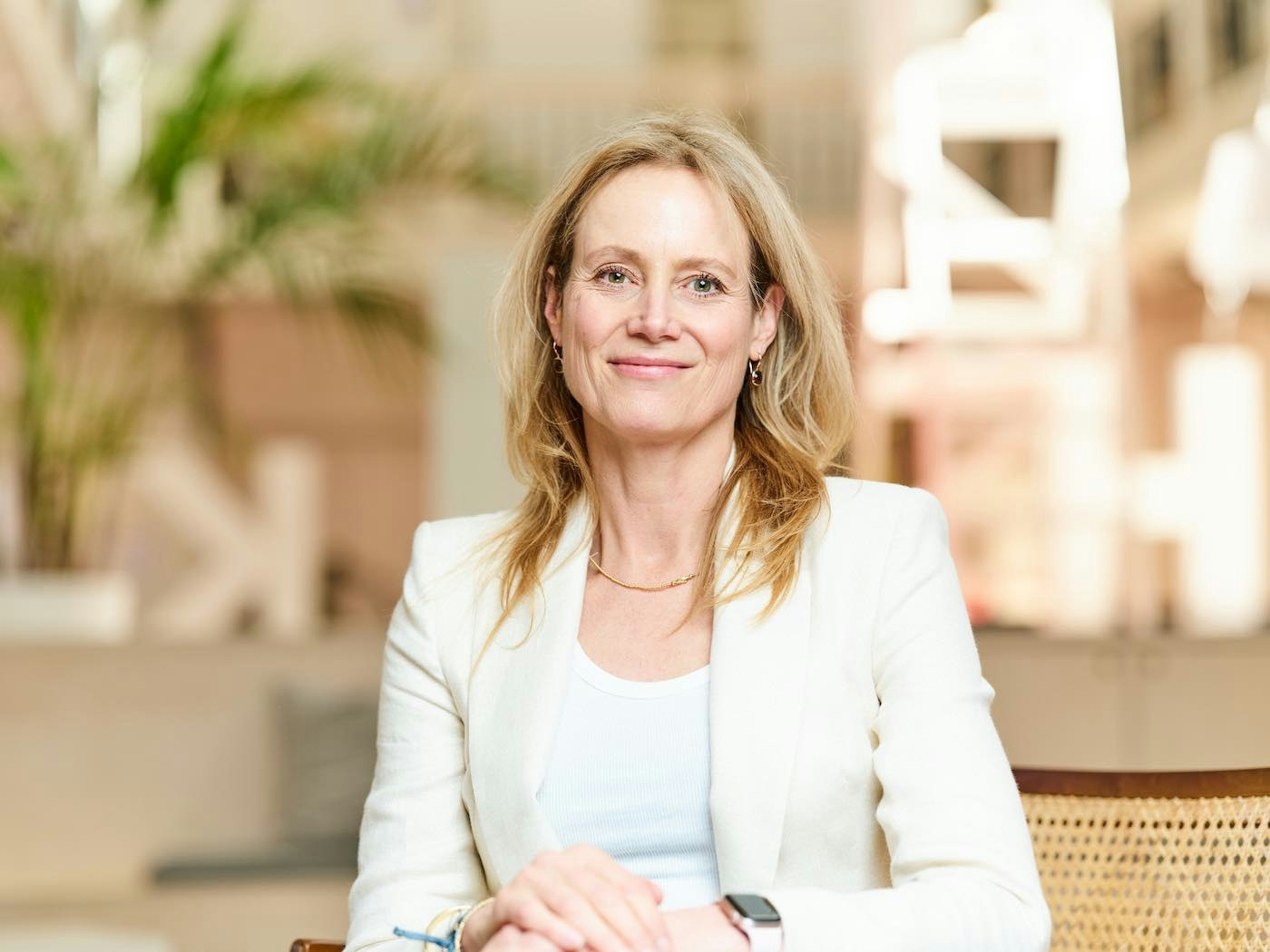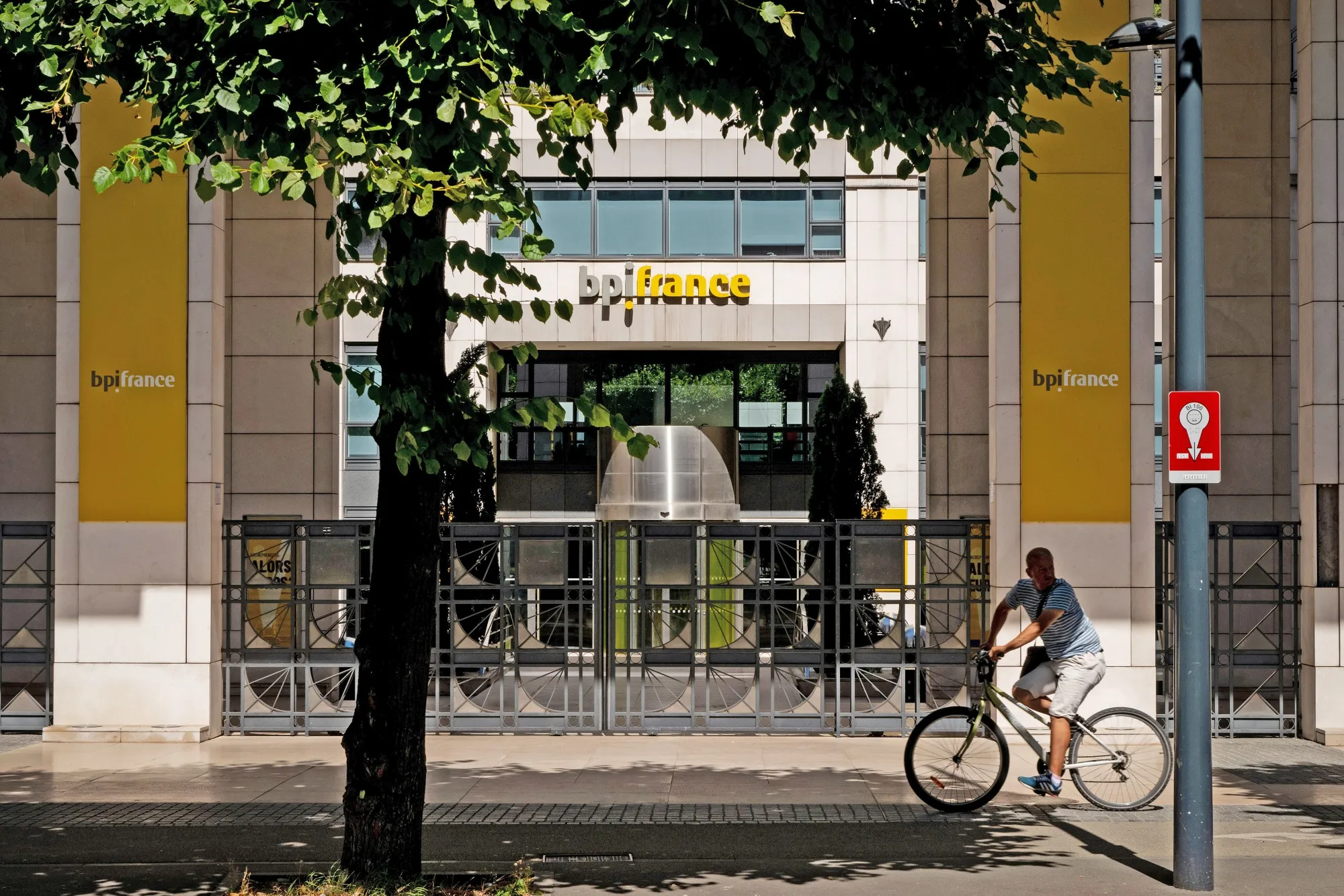VCs offer their portfolio companies a range of services — known as a platform — which includes hiring or business development help. The idea is to offer startups extensive support pre- and post-investment, and the end goal is ultimately optimising returns.
The head of platform is responsible for understanding their fund's objectives and the team’s unique offering to founders as well as building a strategy to deliver on those goals and promises.
“Some platform teams lead marketing and communications for their fund – [these are] top-of-the-funnel activities aimed at driving deals through promoting the value of having said fund on the cap table,” says Oliver Fitz-Gibbon, platform lead at InMotion Ventures.
“Others support their portfolio in areas such as talent or business development. I consider these more like customer success roles as they involve being extremely hands on with founders post-investment.”
How VCs manage their platform differs from fund to fund, but creating a head of platform role is one such approach. Data provided to Sifted by Erevena shows as a steady increase in platform roles at VC firms with a presence in Europe since 2018.
'We’ve seen a sustained increase in funds investing in platform roles over the last few years, adding capabilities and gathering their portfolios post-Covid through founder and CEO retreats and events, in addition to the mainstay of fund platform roles which is managing a network of external useful contacts,” says Hazel Mulhare, who runs Erevena’s funds practice.
“We are seeing a slight drop off in 2024, which is sizable but not as great as the overall decline in deal value during the same period.”
“It's safe to say the demand is on the upswing,” Konrad Kordowski, independent VC analyst and programme curator at Slush, told Sifted. “Many portfolio companies are underperforming, so to rescue them, VCs try to be more hands-on involved."
Kordowski notes how investors are often time poor when it comes to actively helping portfolio companies, as they move on to “hunt for the next tenbagger” – but this is where the role of head of platform can be vital.
“VCs cannot leave the portfolio companies to fend for themselves, as it could harm their reputation,” he says. “VCs are supposed to not only offer capital, but also smart money. This can be provided by an experienced operator with specific industry knowledge, such as in hiring, sales or product.”
What does the role entail?
In his role at Slush, Kordowski spoke with 20 startup founders and operators about their business struggles. He says the repetitive themes were finding the product-market fit, finding the best talent, and go-to-market.
“Professionals with operational experience successfully running [these areas] are the desired head of platforms,” he says. “It could be a former VP of sales, product or talent – a senior-level startup executive.”
D'Arcy Whelan, head of platform at Outward VC, says her role covers three key areas: Brand, investor relations, and portfolio connectivity.
Whelan says Outward VC’s investor base is keen to see co-investment opportunities, get involved with the portfolio, and learn about the fintech industry.
“Part of my role is about building relationships so that when the right opportunities arise, we can get our LPs involved,” she says. “As we look to raise successor funds, a big part of the role is keeping the momentum with investors of the future.”
As head of platform, Whelan says she needs to connect the dots between founders, LPs and the wider ecosystem.
“Joining the dots and finding hyper relevant touch points for our founders to connect – be it for learning, industry insights or commercial gains – [is key],” she says. “One needs to have their ear to the ground to seek out these moments. When it works, it can be a real value-adding differentiator.”
Fitz-Gibbon’s role as platform lead is split between external and internal activities including marketing the team, corporate relations and portfolio support.
“As the role matures and the market cools, we’re seeing a trend towards specialisation,” he says. “Funds are looking at their team’s collective expertise and asking, ‘How are we uniquely positioned to drive change in our portfolio?’
“This shift in focus can only be a good thing for the industry as it puts pressure on investors to focus on a specific ‘value add’.”
However, not every VC deems the head of platform as a necessary role in their team, including Earlybird Venture Capital.
Earlybird’s partner and cofounder, Hendrik Brandis, says the VC’s philosophy is, instead, to staff its various funds and associated platform success teams – including investment, PR, community and talent – to bring founders the needed geographic, sector and functional expertise.
This approach means the responsibilities synonymous with the role of head of platform are covered, instead, by roles like VP of people, assistant communications and ESG manager.
Earlybird has no plans to hire a head of platform as, Brandis says, it doesn’t fit its model.
“Individual funds operate independently,” adds Brandis. “In certain areas where we believe the platform can benefit all funds, however, we share expertise and do selective things jointly.”
What do startups think?
Stephanie Downs is CEO of Uncaged Innovations, which creates sustainable leather from grains at scale for uses including car interiors. The startup works with a platform team, and Downs cites communications support as a key benefit.
“Platform teams have got me on stage at industry events, which is great for promoting our product to investors and partners alike,” Downs tells Sifted. “I also receive support in areas like fundraising announcements. As an early-stage company and a time-constrained founder, this is always appreciated.”
Downs notes the startup has been fortunate to have the support of “great investors”, but that not every experience with the platform side is perfect. Sometimes, founders have to make hard decisions that go against the advice of their investors.
“In tough times, some institutional VCs can become distracted by their own fundraising efforts, or capital calls from LPs,” says Downs. “Fortunately, we work with specialist funds like CVCs who do not encounter the same economic challenges and can therefore be far more hands on with support.”
Downs adds the significance of the networking support working with a platform team offers. She says Uncaged looks for very specific investors, and platform teams have supported her by joining investor calls to discuss rounds. What more could platform teams do to support startups?
“Being in a position to offer relevant advice would be my main suggestion,” says Downs. “Most VCs have so many companies in their portfolio that they barely have time to read our reports. This means we have to catch them up when we do reach out for advice. My best VC partnerships involve a 30-minute monthly call to keep them in the loop and ask how they can help.
“Platform teams have enabled VCs to offer so much more than financial support, which as a founder is so important. It takes a village to bring a product to market and platform roles have a part to play in this.”



